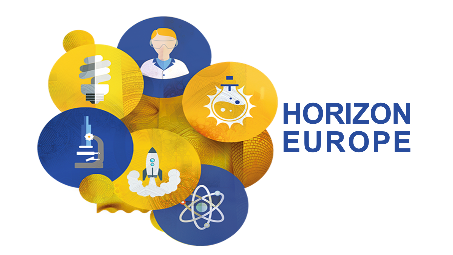(HappyMums) Understanding, predicting, and treating depression in pregnancy to improve mothers and offspring mental health outcomes

Project summary
HappyMums will interrogate a large collection of cohorts with multiple biological, medical, clinical, socio-demographic and environmental and lifestyle data to identify the most robust risk factors triggering depressive symptoms, but also moderators of the risk.
By putting together unique human samples of placenta, chorionic villi and amniotic fluid, and animal models, HappyMums will improve the understanding of the neurobiological mechanisms affected by depressive symptoms in pregnancy that lead to alterations in the foetal environment, shaping offspring risk for developing negative mental outcomes. The use of three complimentary rodent models will allow to achieve a proof of causality, and the presence of an innovative fish model will elucidate the mechanisms specific to placenta by which adverse maternal conditions are transmitted to the offspring without the potentially confounding mitigating effects of compensatory postnatal maternal care. This knowledge will allow the identification of new targets for the development of novel medications, for the repurposing of existing medications or for the development of non-pharmacological interventions. HappyMums will also develop a digital platform where AI tools-based data can be collected, together with biological, clinical, medical, environmental and lifestyle data, through a mobile phone App that will be at the interface with clinicians via a dedicated dashboard. This will allow early screening of depressive symptoms, prompt diagnoses, personalized treatments, and the promotion of protective lifestyle attitudes.
Impact
HappyMums is designed to improve our understanding on the biological mechanisms underlying the development of depressive symptoms in pregnancy, and the efficacy of interventions. HappyMums will not only increase the knowledge in the field of mental disorders in pregnancy, but also improve the wellbeing of these women, providing unprecedented benefits also to the offspring and thus to society at large.
More detailed information
Principal Investigator:
dr. Charlotte Cecil
Role Erasmus MC:
Coördinator
Department:
Child psychiatry
Project website:
Not available
Funding Agency:
Horizon Europe



